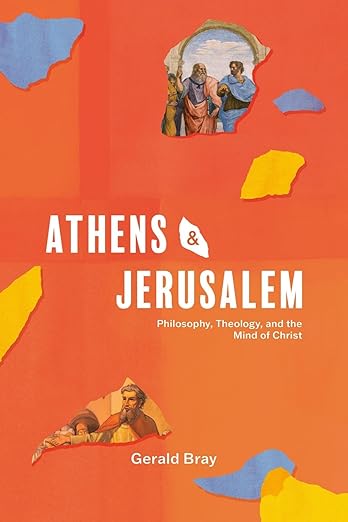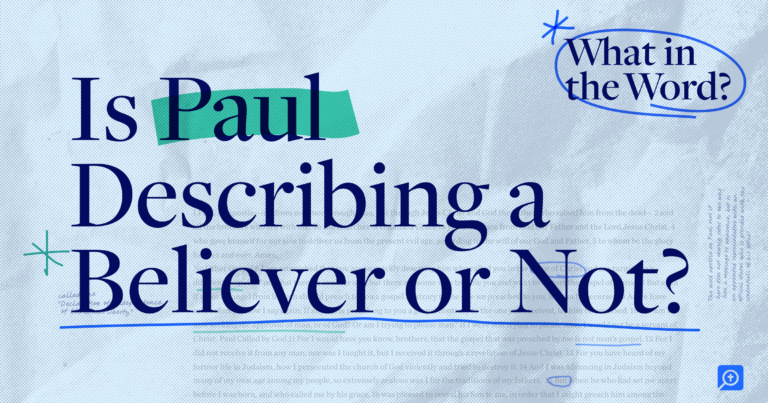Gerald Bray’s Athens and Jerusalem– Part Four 2025-04-04T09:21:57-04:00 Ben Witherington
Lest you think this book will only deal with the influence of say Plato and Aristotle and their successors, we will also be regaled with Socrates, Heraclitus, Pythagoras, Xenophanes and others. The book is a short course in almost all the influential Greek philosophers, early and and late, including of course those who led to Stoicism, Cynicism, Epicureanism and more. And we see how very influential these philosophers were, both directly and indirectly on the founders of America– particularly Thomas Jefferson, Ben Franklin, John Adams and others. But as Bray shows, if one probes deeply enough in regard to these philosophers views on religion, most of them were not even remotely in the ballpark of Judaism or Christianity. For example, Plato contemplated the notion of the transmigration of souls (not to be confused with reincarnation). He believed that the beliefs of earlier persons have been transferred to us. Many of these philosophers were indeed concerned about how to live a virtuous life (but what counts as virtue?) or the good life (‘eat drink, and be merry for tomorrow we may die’. What none of these philosophers conjured with is ‘a people of the Book’, a group of people whose whole life and life orientation was bound up with the Bible. The Bible, unlike the Koran, did not rest on the authority and inspiration of one man (Mohammed) but on the inspiration by God many different people. As Bray points out: “Jews and Christians do not believe that the Bible is a divine artifact like the Koran or the Book of Mormon which supposedly came down from heaven on golden plates already written in mock-Tudor English.” (p. 45). The Christian view of inspiration is indeed much more diverse and complex than the Muslim view, and it does not require that the holy book remain in just one original language to retain its inspired character. This is because it is not the language that is inspired, but rather the thoughts conveyed through Hebrew, Aramaic, and Greek. Another major difference is that the Bible from first to last is concerned with the issue of sin and evil, and by implication where it came from, which is an issue for monotheists, but less so for polytheists– who can always say evil came from this deity but good from a different one. But if you have only only all powerful, all merciful, all righteous God, then the issue of whence evil is a real issue– the issue of theodicy.
But was early Christianity a philosophy? Tertullian and others saw Christianity as an alternative to speculation about the nature of reality. What one needed to know about reality was in the Bible, and speculation was a waste of time. But not all Christians agreed with Tertullian about this. Bray pp. 56-58 sums up the situation as follows:
“Where the Bible differs most obviously from any form of philosophy is the way it deals with what philosophers call theology. To them, theology, the study of God, is one intellectual discipline alongside the others. In the Biblical perspective however what philosophers would call theology is something else altogether. The Bible does not study God– it reveals him. Theology is not a branch of philosophy but its fundamental component….As the medieval thinkers used to say, philosophy is the handmaid of theology, a means to the end to which all lovers of wisdom aspire.”











 English (US) ·
English (US) ·